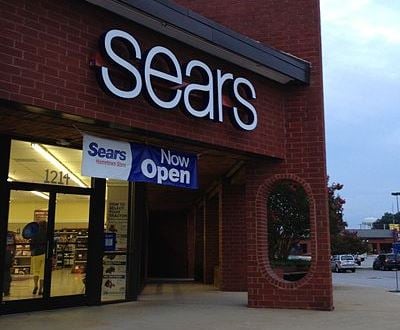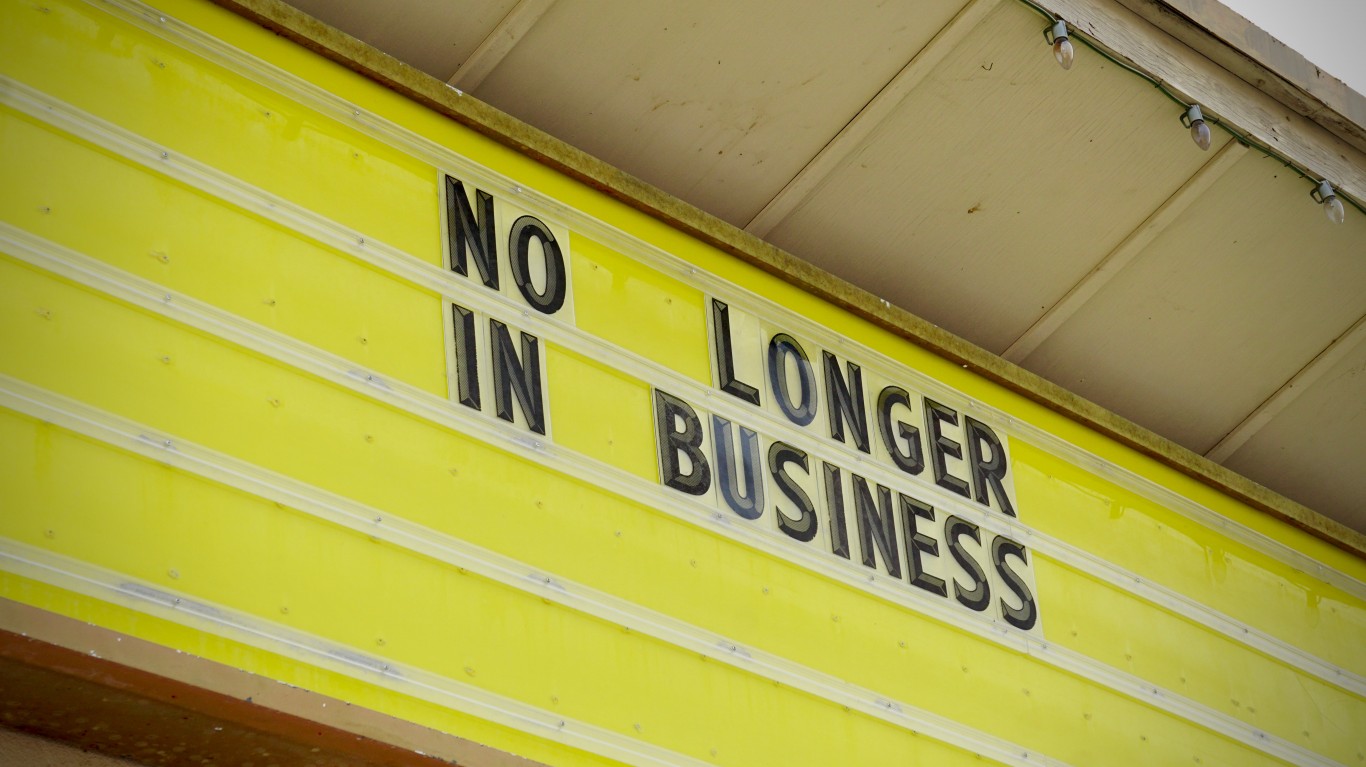
Source: courtesy of Mike Kalasnik, via Wikimedia Commons
On April 4, Sears shareholders of record as of March 24 will receive a distribution of 0.300795 shares of Land’s End common stock for each share of Sears stock they hold. The new stock will start trading on April 7 on the Nasdaq under the ticker symbol ‘LE’. Until the spin-off is complete Sears common stock will trade either in a “regular way” market or a “ex-distribution” market. Regular way stock will trade with an entitlement to shares of Land’s End common stock on the distribution date while ex-distribution shares will carry no such entitlement.
The entitlements to Land’s End stock are expected to begin trading on a “when-issued” basis on a date to be determined by Nasdaq. Following the distribution date, both stocks will trade on the regular-way market.
Land’s End is seeking an asset-based senior secured revolving credit facility with a borrowing limit of $175 million and a senior secured term loan facility of about $515 million. Land’s End will pay a $500 million dividend to a Sears subsidiary immediately prior to the spin-off and $15 million in fees and expenses associated with the two borrowing facilities.
About all that will be left of Sears now will be its Sears and Kmart stores, an entity named Seritage Realty Trust, and the company’s interest in Sears Hometown and Outlet Stores Inc. (NASDAQ: SHOS). Some analysts expect Sears to spin-off Seritage as a separately traded REIT once the parent company transfers assets to Seritage. The real-estate firm currently features several portfolios on its website offering leases for former Kmart and Sears stores.
Sears’ chairman and CEO and his ESL Investments hedge fund own about 48% of the Hometown and Outlet stores, down from about 62% at the time of the small stores’ IPO in October 2012. The small stores have paid an annualized amount of around $300 million to Sears Holding since the spin-off and that number may rise significantly as the smaller stores expand this year.
Essential Tips for Investing: Sponsored
A financial advisor can help you understand the advantages and disadvantages of investment properties. Finding a qualified financial advisor doesn’t have to be hard. SmartAsset’s free tool matches you with up to three financial advisors who serve your area, and you can interview your advisor matches at no cost to decide which one is right for you. If you’re ready to find an advisor who can help you achieve your financial goals, get started now.
Investing in real estate can diversify your portfolio. But expanding your horizons may add additional costs. If you’re an investor looking to minimize expenses, consider checking out online brokerages. They often offer low investment fees, helping you maximize your profit.
Thank you for reading! Have some feedback for us?
Contact the 24/7 Wall St. editorial team.



